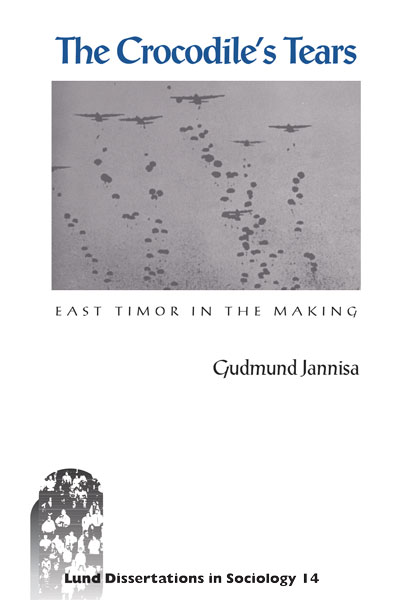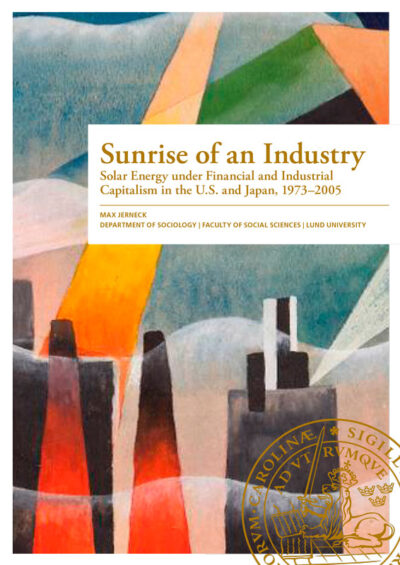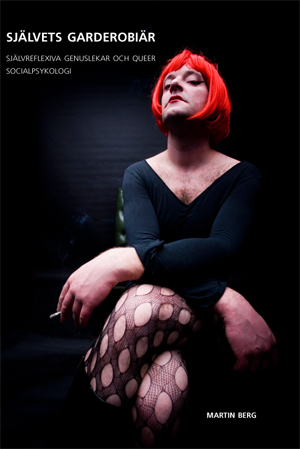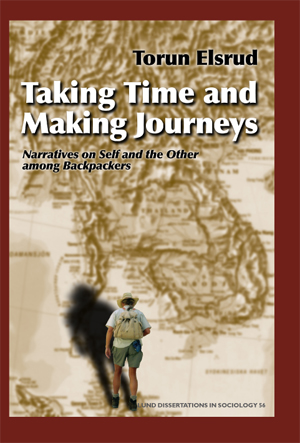The Crocodile•™s Tears
East Timor in the Making
Gudmund Jannisa
296 kr
Beskrivning
In this book Gudmund Jannisa traces the growth of East Timo-rese nationalism through a wide historical exposé, which is set in relief to similar developments in neighbouring Indonesia. Both these processes are seen in perspective of the development of international trade, colonialism and world politics.
The very base of the study consists of a presentation of various geographical, agricultural, ethnological and linguistic factors, upon which the imposition of outside influences eventually came to form sentiments of belonging within societal units vastly larger than those of clan groupings or ethnolinguistic affinity.
The modern history of East Timor is outlined against the background of Portugal’s Carnation Revolution in April 1974, which led to a power vacuum in the eastern end of the Indonesian archipelago. The vacuum was filled when Indonesia invaded in December 1975. A tragic war followed, with great losses of lives.
Resistance has since turned from armed struggle to unarmed resistance inside East Timor and political, cultural and diplomatic work carried out by East Timorese in exile. The struggle for self-determination was highlighted when Bishop Carlos Felipe Ximenes Belo and José Ramos Horta were awarded the Nobel Peace Prize in 1996.
‘The East Timor question’ is not yet resolved, but it can never again be hidden from the public eye, and this book is a contribution towards this end.
Ytterligare information
| Vikt | 717 g |
|---|---|
| Storlek | 20 × 165 × 240 mm |
| Språk | Engelska |
| Antal sidor | 328 |
| Publikationsår | 1997 |
| Bandtyp | Häftad |
| ISBN | 91-89078-02-0 |
| ISSN | 1102-4712 |
| Volym | 14 |





